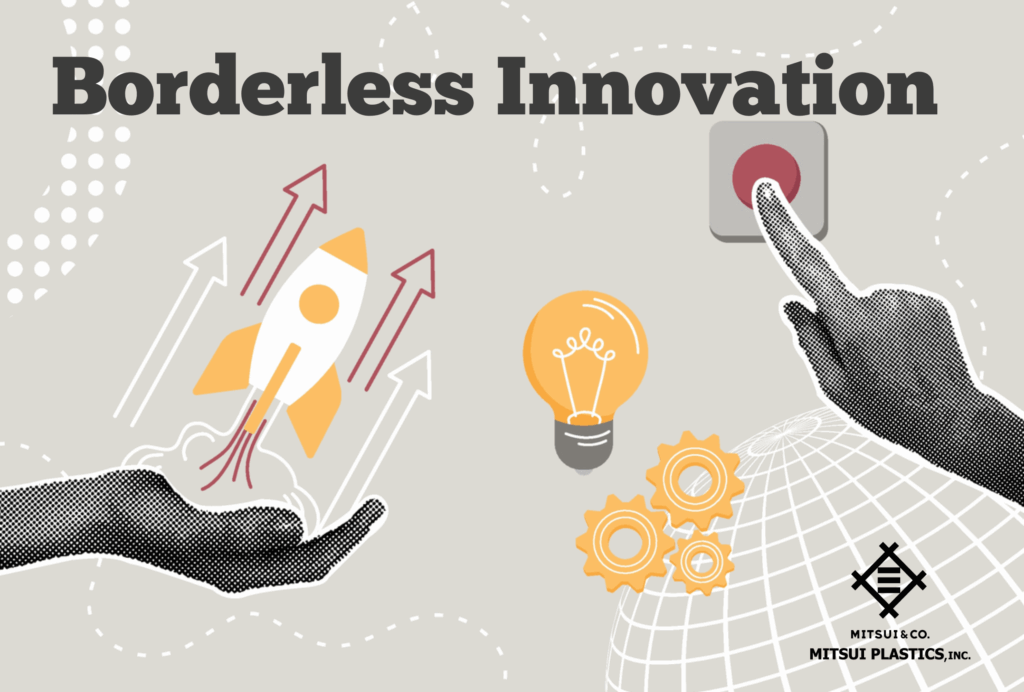Innovation Without Borders: The Advantage of Being Global

Innovation does not always emerge where we expect it.
While major technology hubs often set trends, it is increasingly emerging markets that are driving disruption:
- In India, the UPI system processes more than 10 billion transactions per month, becoming a global reference in digital payments.
- In Africa, M-Pesa transformed financial inclusion with more than 50 million users across 7 countries.
- In Latin America, fintechs such as Mercado Pago surpassed 1 billion quarterly transactions, inspiring models replicated in other regions.
In packaging, the same is true: solutions born in resource-constrained environments —such as multipurpose packaging or formats tailored to informal economies— can scale globally and redefine entire categories.
For any company, the lesson is clear: innovation is no longer the exclusive domain of developed markets. Today, companies that aim to lead must build global learning networks capable of identifying early signals in different markets and turning them into competitive advantages before others do.
Being present in more than 65 countries, with over 40,000 employees and an investment capacity of more than USD 1 billion annually in strategic projects, provides a unique platform to achieve this. The true strength of a global organization lies not only in its geographic reach, but in its ability to transform diverse knowledge into tangible opportunities for its clients.
And here lies a key point for any executive under cost pressure: there is real value in those who can connect, accelerate, and integrate innovation at a global scale. Having a partner with such a structure already in place, operating efficiently, can make the difference between being late—or being a pioneer.



